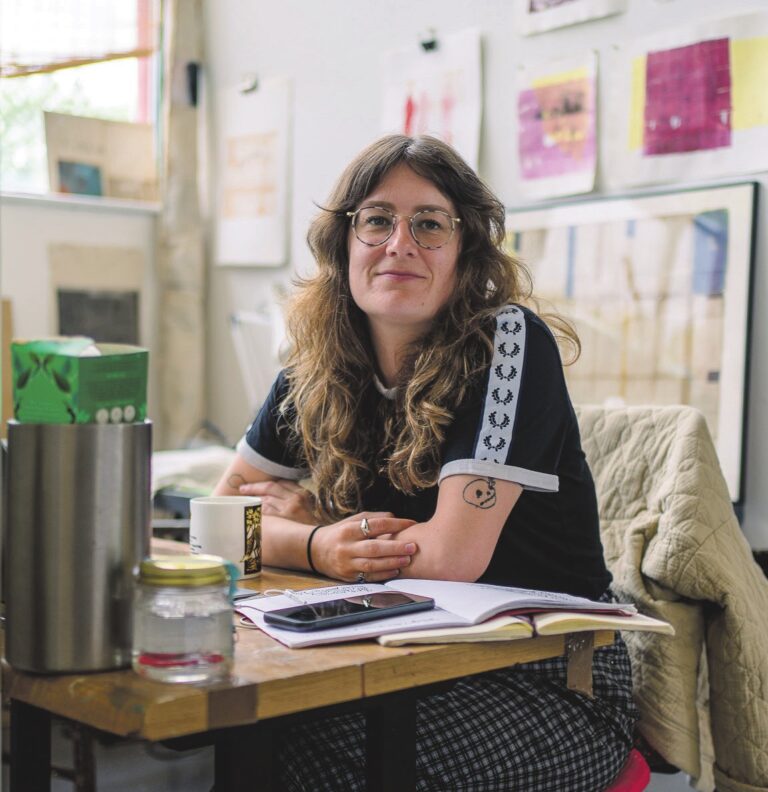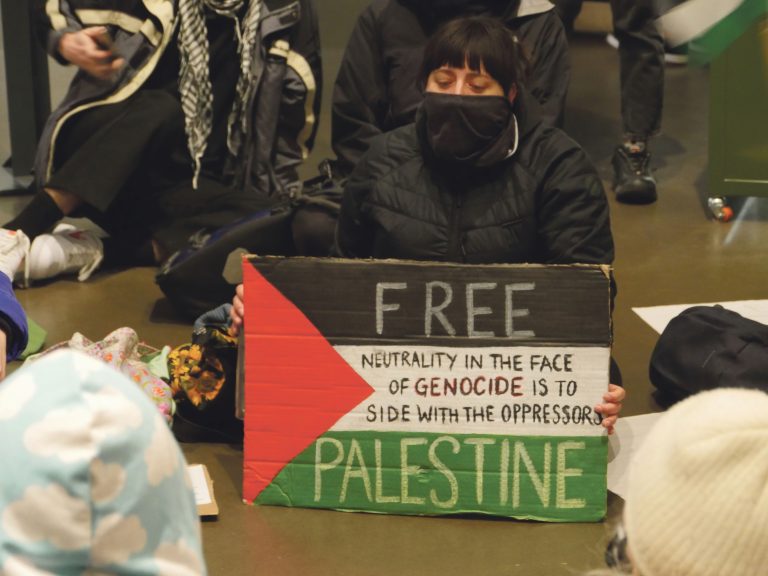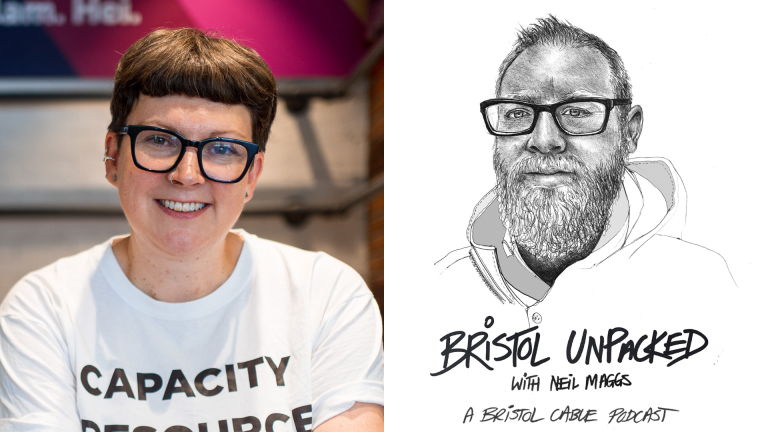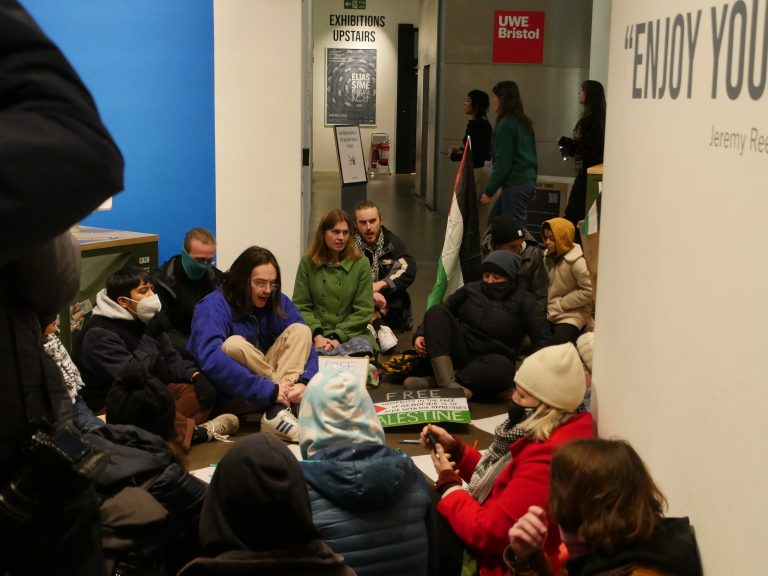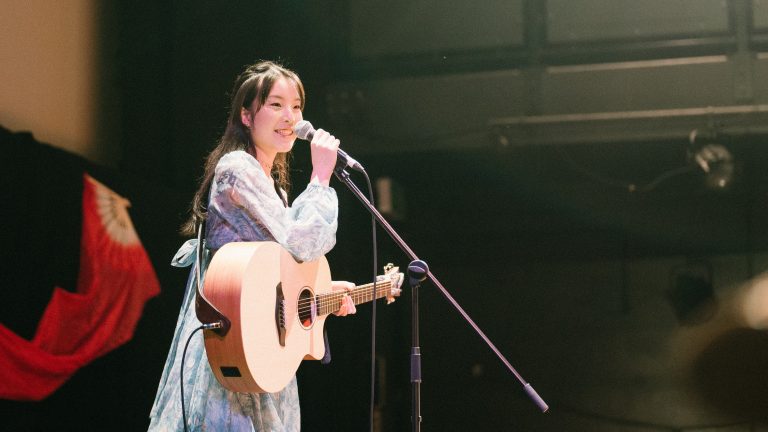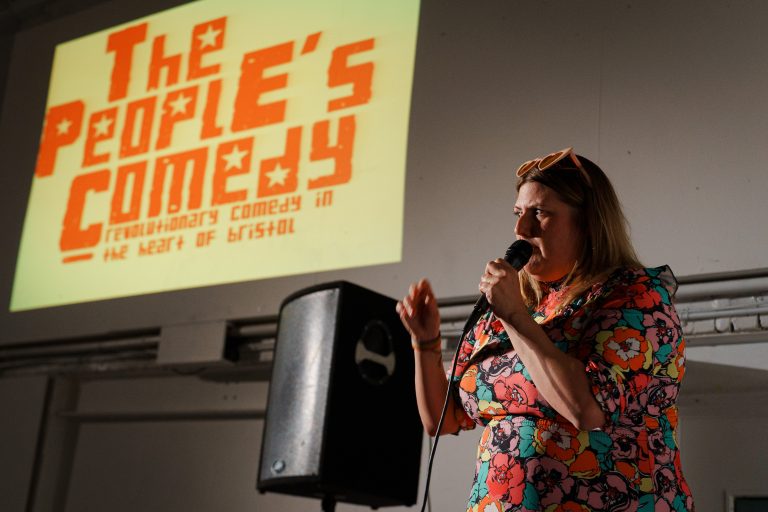Darin J Sallam on what shaped her creative life, her film Farha and the controversy it sparked from the Middle East to Bristol
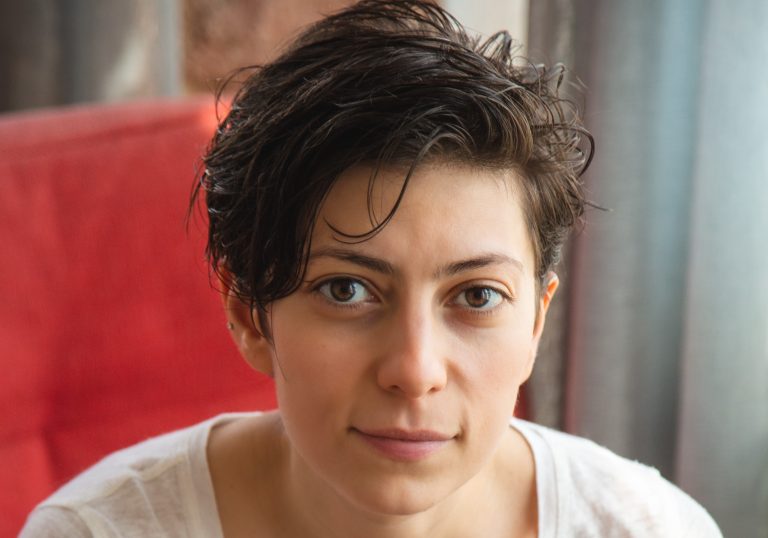
“Seeing children carrying rocks in front of tanks is a scene that changed me. I felt that I had to do something about it. And the only thing that I could do back then was to draw, so I started drawing, and then this transformed into making films.”
Darin J Sallam is explaining how the Second Intifada played a crucial role in shaping her creative life. Sallam, who was born in Kuwait and spent her early life there before moving to Jordan, witnessed the Palestinian uprising against Israeli military occupation at the start of the 2000s.
“Seeing all of these things happening in front of my eyes on TV triggered something in me and I became very frustrated, very sad. Something similar to what I’m feeling now,” she says, referring to Israel’s ongoing bombardment of the Gaza Strip.
As an adult, Sallam has managed to realise her early creative ambitions, channelling her desire to paint, draw, and take pictures into filmmaking. She has become best known as the director of Farha, a powerful piece of cinema which centres the experiences of a 14-year old Palestinian girl living in a village.
A strong-willed teenager determined to go to school against the wishes of her father, Farha witnesses an atrocity at the start of the Nakba – the Arabic word for catastrophe – during which Zionist militias forcibly displaced an estimated 750,000 Palestinians from their homes and killed tens of thousands more during the establishment of the state of Israel in 1948.
Farha has proved a landmark film in a number of ways. Widely praised for its bravery in choosing to tackle the events of the Nakba – one of very few films to do so – it was also heavily criticised by Israeli authorities as soon as it was released and prompted a boycott campaign by Israelis who threatened to cancel their subscriptions to Netflix, where the film is still available to stream.
Controversy has followed the film from the Middle East to Bristol. Farha was due to be shown at the Arnolfini gallery as part of the Bristol Palestine Film Festival in early December, but the venue issued a statement on 21 November saying it was cancelling the screening because it “could not be confident that the event would not stray into political activity.”
This decision has been widely condemned by Bristol’s creative community and prompted an open letter that has since been signed by more than 2,300 people, while around 60 took part in a sit-down protest in the Arnolfini’s foyer on Friday 24 November in response to the decision.
‘A cause for humanity‘
None of this seems to have deterred Sallam. Warm, open and relaxed as she speaks to me from her base in Amman, Jordan, she tells me over Zoom of her early years steeped in a love of the films of Syrian-American director Moustapha Akkad. His 1981 film Lion of the Desert, which tells the story of Libyan anti-colonial resistance fighter Omar Mukhtar, was one of her favourites.
“They call him the lion of the desert because he was an old man, but he fought until he was killed in Libya. His death was a motive to the Libyan people to get liberation and to be free later on from the Italians. So it’s a story of resistance and bravery. I loved the acting, the simplicity. It’s a beautiful film.”
After making a number of short films of her own, Sallam turned to the subject of the Nakba for her full-length feature debut, an event that had deeply affected her own family. “My grandparents and my father survived the Nakba in 1948. I grew up listening to many, many stories about Palestine,” she says, recounting her family’s flight from the town of Ramle, just north of Gaza, which is now within the borders of Israel and known as Ramla.
“My love for Palestine, although I’ve never been there, was embedded in me because of my mother, my Syrian mother,” who told her that “it’s not a cause for Palestinians – it’s a cause for humanity.”
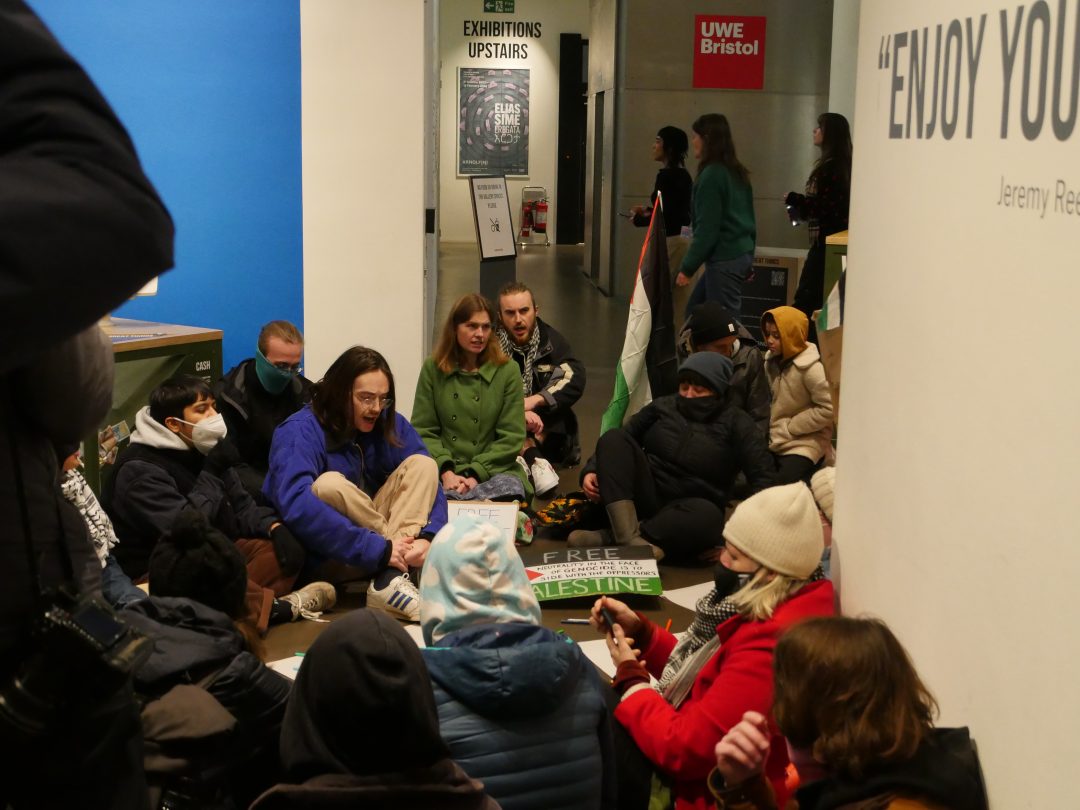
Securing funding for a project exploring such a politically sensitive subject was far from straightforward. “I find a list of people wanting to meet me and then they come to my table and they try to put me down and tell me this will never happen,” she says of meetings with film producers early on in the process. Others asked her why she wanted to open old wounds. “I always told them that the wound is still open and bleeding since 1948. It’s not closed.”
In people’s hearts
When it came to making Farha, Sallam opted for a minimalist approach. Most of the film takes place within the confines of a pantry, which the titular character’s father locks her in to protect her from the Haganah, a Zionist militia, who in the film are seen interrogating Palestinians they suspect of hiding weapons. The film’s pivotal – and also most controversial – scene depicts the execution of a Palestinian family by Haganah troops, which Farha sees through a crack in the pantry door.
This scene in particular was condemned by the Israeli government as ‘incitement’ towards its military, but Sallam insists it was based on oral testimonies from family members. “The world of Farha is all based on true events that I took from real oral history, from books and patched them all together”, she says, giving examples of atrocities committed at the time, such as during the Deir Yassin and Kfar Qasim massacres, when hundreds of Palestinians were killed by Zionist paramilitaries.
The Arnolfini’s decision to cancel the screening of the film was just the latest controversy to engulf the film, but Sallam is unequivocal in her refusal to be silenced, and reads me a pre-prepared statement. “Silence is complicity, and these actions of cowardice not only hide the truth, it makes them part of the genocide that’s happening,” she says. “It’s about time that people and institutions don’t shy away from standing up for humanity.” She adds a word of thanks to Watershed for having agreed to screen the film in the Arnolfini’s place.
Sallam describes how Farha has taken on a life of its own, having been used in group screening and discussion groups in various parts of the world: “It’s not my film anymore. It’s the people’s film. It’s in people’s hearts. And to me, that’s the biggest win, that it’s creating change. When you create change through film, through art, it’s what makes us artists proud.”


